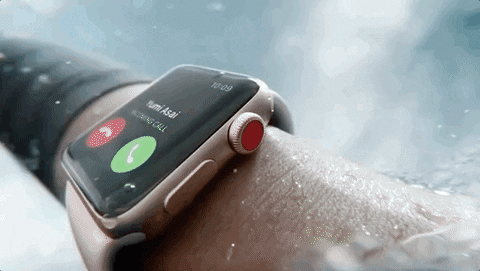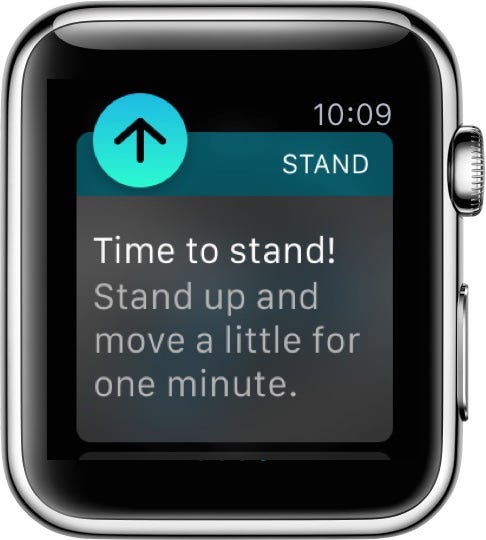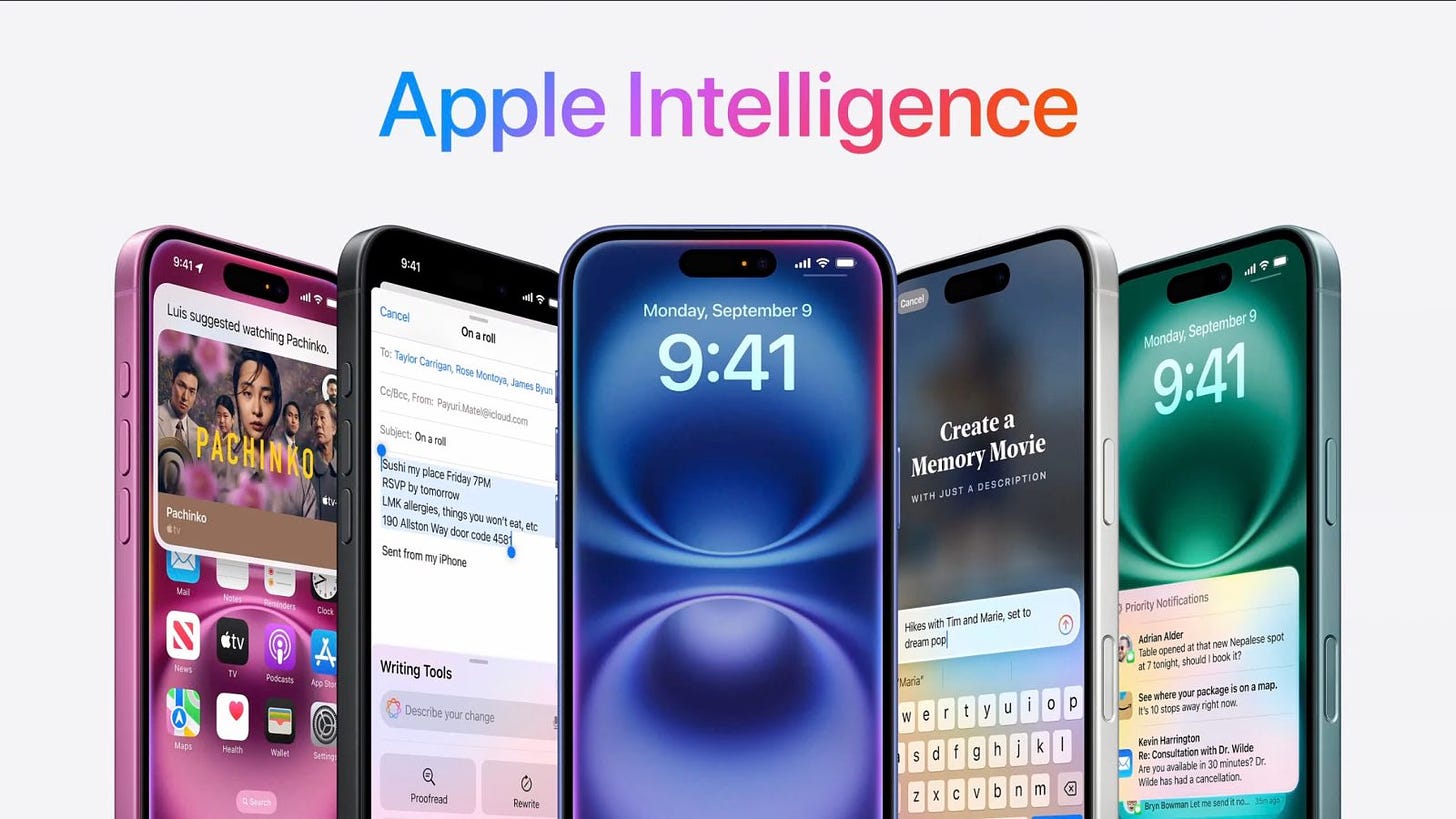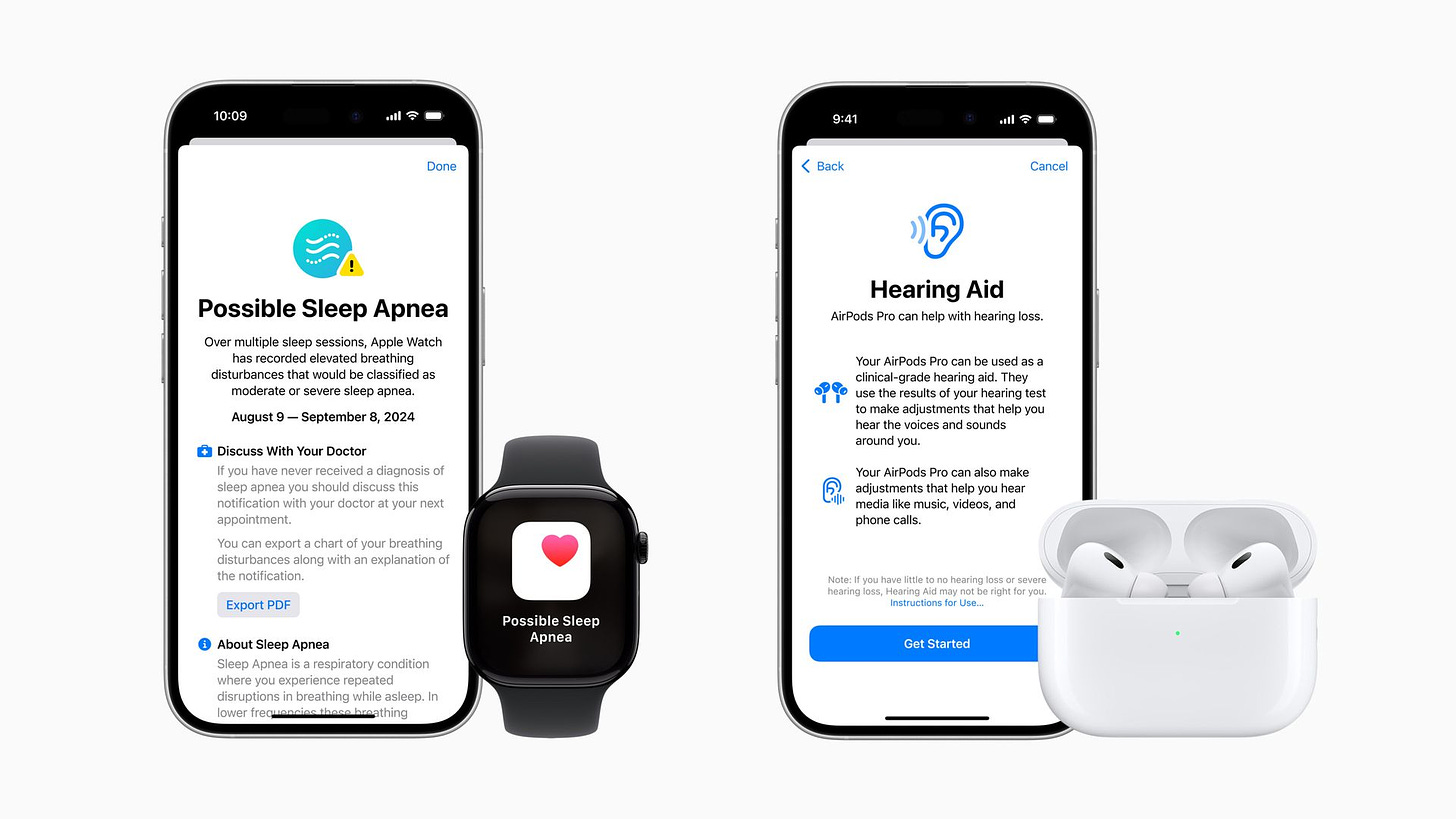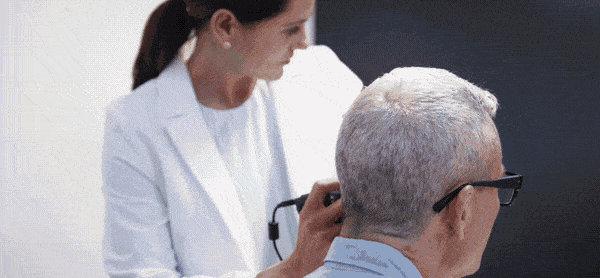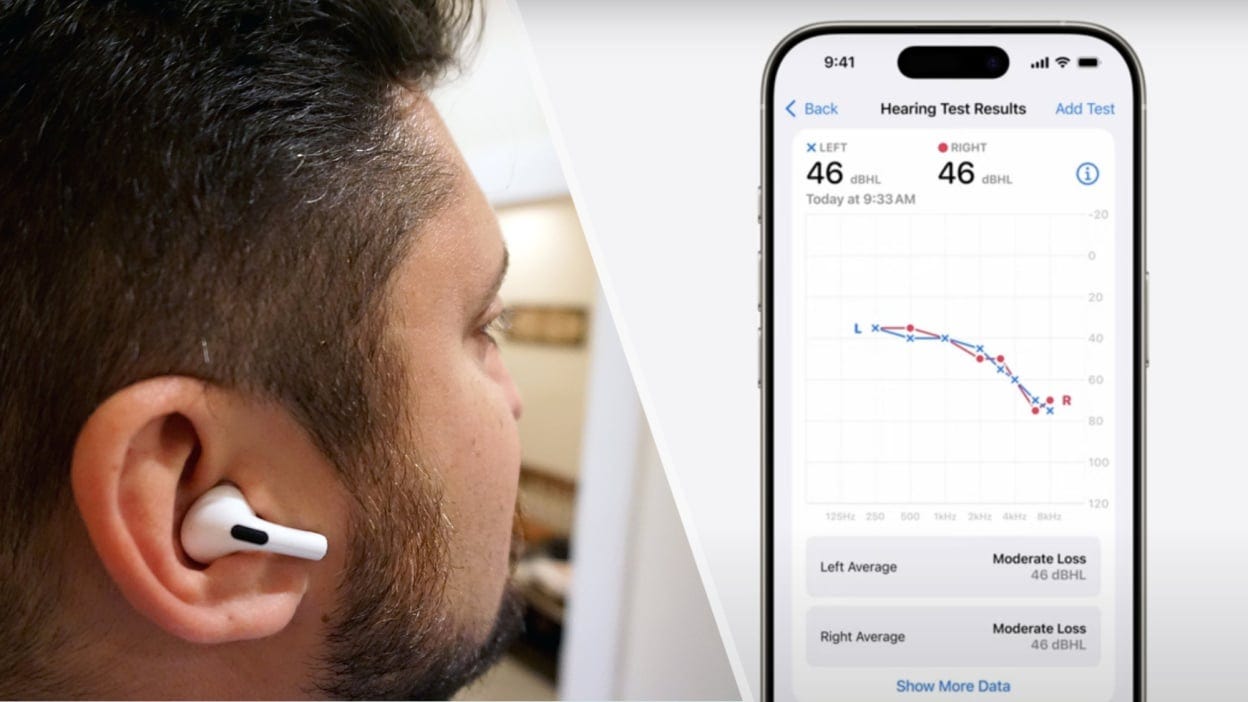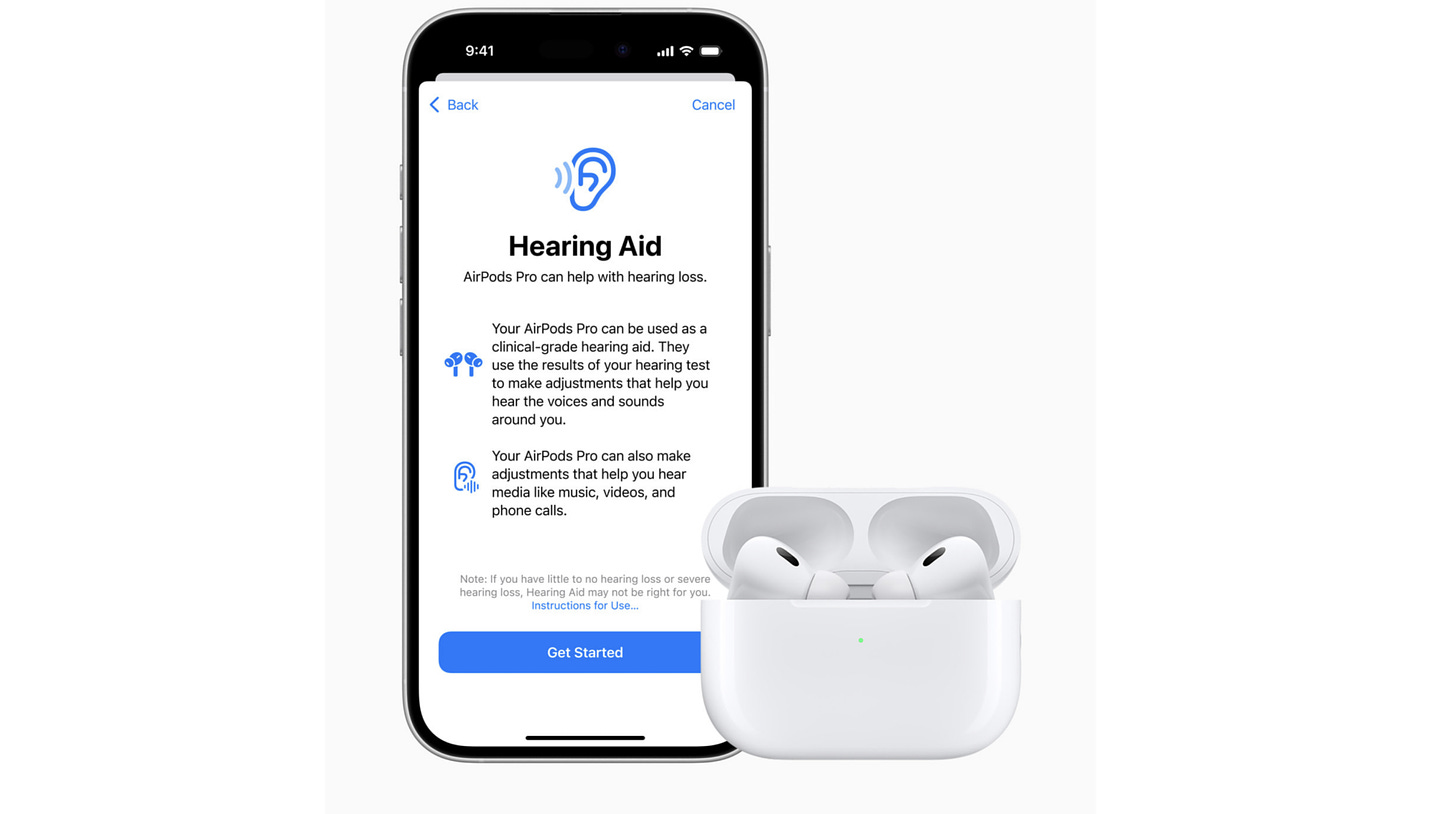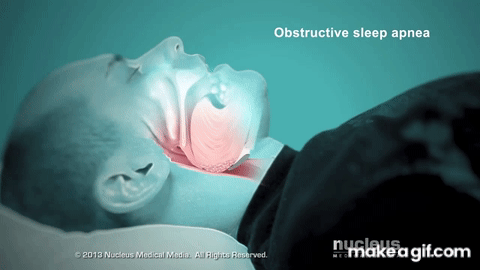
AI: Apple's AI accelerated Health & Fitness strategy. #478
As we surf through our daily habits in our lives, the role of devices like the Apple Watch, Airpods and iPhones to help life more active, and fit lives with better AI, is very much front and center for billions. And of course for Apple as a long-term strategy.
In this week’s ‘Trends with Friends’ podcast with my friends Phil Pearlman, and JC Parets (my friend Howard Lindzon was off), we talked about how Apple’s ecosystem is poised to really benefit with its ‘Apple Intelligence’ Strategy around Health and Fitness (from 47 to 55 minute marks).
Phil Pearlman is a long time expert on living a fuller, fitness rich life with a focus on healthier habits.
The conversation starts with Phil’s issues with the current ‘notification nudges’ of his new Apple Watch, which highlights how the UI/UX of these services continue to need improvements. He was not quite happy with the frequency of the ‘health tip nudges’. They unquestionably impact our emotions both positively and negatively today, as the ‘product-market-fit’ of these apps are worked out.
But the base promise of a centralized health data computer on your wrist, that plays traffic cop with third party health and fitness apps around a user’s data and privacy is real. And it is very much a work in accelerated progress. (Apple does similar work around Payments with Apple Pay, a subject for a future post).
Of course it’s an area Apple’s been focused on for over a decade, from its Apple Watches, to iPhones to Airpods and more. But over the next couple of years, they’re poised to be in pole position for an AI centralized, privacy optimized HEALTH and FITNESS platform across their ecosystem. For billions, as AI goes mainstream.
We focus every year this Fall on the new upgrades to Apple’s iPhones and devices like Apple Watch and Airpods, but the broader theme of their multi-year strategy around Health and Fitness is easy to miss. Especially as AI makes new habits possible for billions of Apple device users.
And this year’s coming upgrades, awaiting FDA approvals, targeted at Sleep Apnea with the Apple Watch, and Hearing aid features with the AIrPod Pros, are a case in point. Each has potential benefits, with less daily friction for over a billion mainstream users each. (Update: Apple got FDA ‘over-the counter’ approval for AirPods Pro ‘to serve as hearings aids’ Thursday).
And of course this will impact the broader hearing aid industry. It’ll also mean of course that AirPods in people’s ears may become socially acceptable while interacting with people at large.
Axios’s piece this week “Apple gadgets gain health screening powers” highlights the key points:
“Apple is giving its Apple Watch a tool to detect sleep apnea and its AirPods the ability to both test and treat hearing loss, the company announced this week.”
“Why it matters: With the new features, Apple is enabling its popular, readily obtainable devices to identify conditions that are widespread but often undetected.”
“The big picture: Apple is looking to build a case that its products can make users not just more productive, but also healthier.”
“Driving the news: Apple announced on Monday that its latest watch software will use data from the watch’s accelerometer to automatically detect if a wearer appears to be suffering from moderate to severe sleep apnea.”
-
“Meanwhile, a software update for the latest AirPods Pro 2 earbuds will allow them both to perform a hearing test and to act as over-the-counter medical-grade hearing aids for those with mild to moderate hearing loss”
-
“Apple says it expects clearance soon from the FDA and other global health authorities for the sleep apnea detection feature, and plans to make it available this month in more than 150 countries, including the U.S., EU and Japan.”
-
“The company expects its hearing test and hearing aid features to receive marketing authorization from health authorities soon as well. It says they should be available this fall in more than 100 countries and regions, including the U.S., Germany and Japan.”
Hearing tests today are expensive and time consuming appointments with medical professionals. Just had one done recently, and it took the better part of my morning.
Apple is condensing the test into a five minute exercise with one’s iPhone and Airpod Pros.
And it’ll work on older Apple devices as well.
“Between the lines: Apple is making the new health features work not just on brand new hardware, but also on devices it has already sold.”
-
“Sleep apnea detection will come to the Apple Watch Series 9 and Apple Watch Ultra 2, in addition to the Apple Watch Series 10 models announced on Monday.”
-
“The hearing loss detection and hearing aid features, meanwhile, are being added to Apple’s existing AirPods Pro 2 earbuds.”
“CEO Tim Cook has long touted health as one of the biggest areas where he thinks Apple can grow its business as well as make a positive impact on society.”
-
“Apple Watch is already being used to discover and track heart conditions, and the company has long been exploring other areas where its devices could play a role, such as monitoring blood pressure or sugar levels.”
“Zoom in: Hearing loss is widespread, but many people put off dealing with it. Increasingly, device makers are trying to offer cooler alternatives to old-school hearing aids.”
-
“Apple’s approach takes things a step further by offering hearing assistance as a feature on a device that many people already have.”
-
“Plus, because the AirPods are also for listening to music, other people won’t know users are using them as hearing aids. And users will be able to test the benefit of hearing assistance without having to commit to an expensive new purchase.”
-
“Hearing health is an essential part of our overall well-being, yet it can often be overlooked — in fact, according to the Apple Hearing Study, a staggering 75% of people diagnosed with hearing loss go untreated,” Apple VP of health Sumbul Desai said in a statement.”
For all these reasons and more, especially with the FDA greenlight for OTC availability, Apple’s AirPods Pro 2 could dent the hearing aid industry in a positive way. Sleep apnea is another area of similar importance.
“Sleep apnea is another common health problem that often goes undetected — and therefore untreated.”
-
“In the past, diagnosing the condition often meant enduring a lengthy sleep study. Apple’s method is far less intrusive.”
“How it works: Apple’s system for detecting breathing disturbances during sleep uses the watch’s accelerometer “to detect small movements at the wrist associated with interruptions to normal respiratory patterns during sleep.”
“Apple says that every 30 days, the watch will analyze that data and notify people if it detects consistent signs of moderate to severe sleep apnea. Users can then download data that can be shared with a doctor to determine what treatment might be appropriate.”
If you watch the opening video montage at the beginning of Apple’s new product keynote this Monday, you’ll see how they’re devices are already making a difference to so many users in living healther, more accessible lives. The new AI driven features highlighted here, are just the beginning of the many possible new AI applications that are possible this AI Tech Wave.
Apple is just uniquely positioned with the complete hardware and software ecosystem to deliver these more seamlessly at scale first. Others are sure to follow. Stay tuned.
(NOTE: The discussions here are for information purposes only, and not meant as investment advice at any time. Thanks for joining us here)

